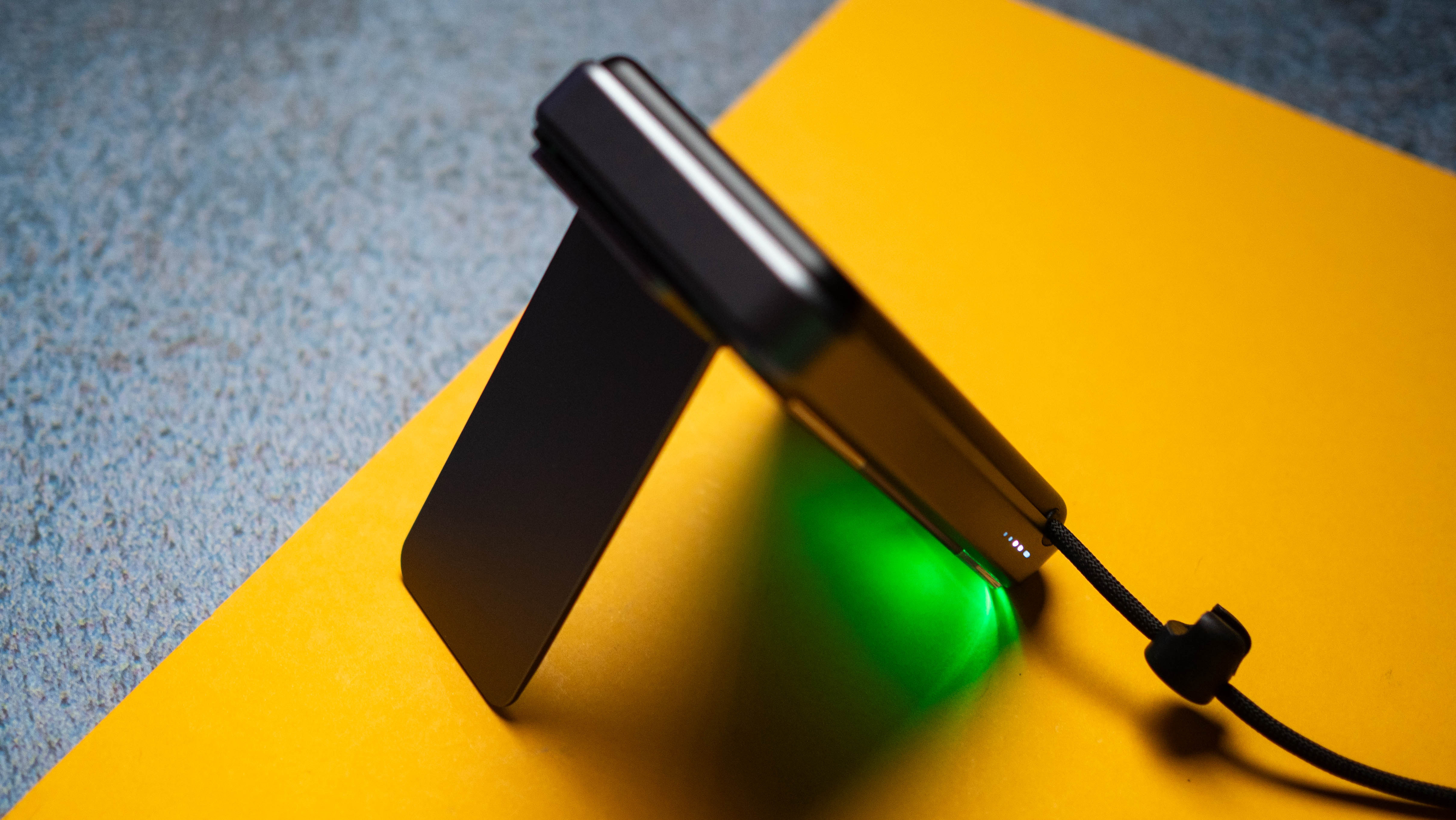Why the Pixel Tablet is my favorite Google I/O announcement
It's wonderful that Google teased the Pixel Watch and Pixel 7, but that's not what I'm excited about.
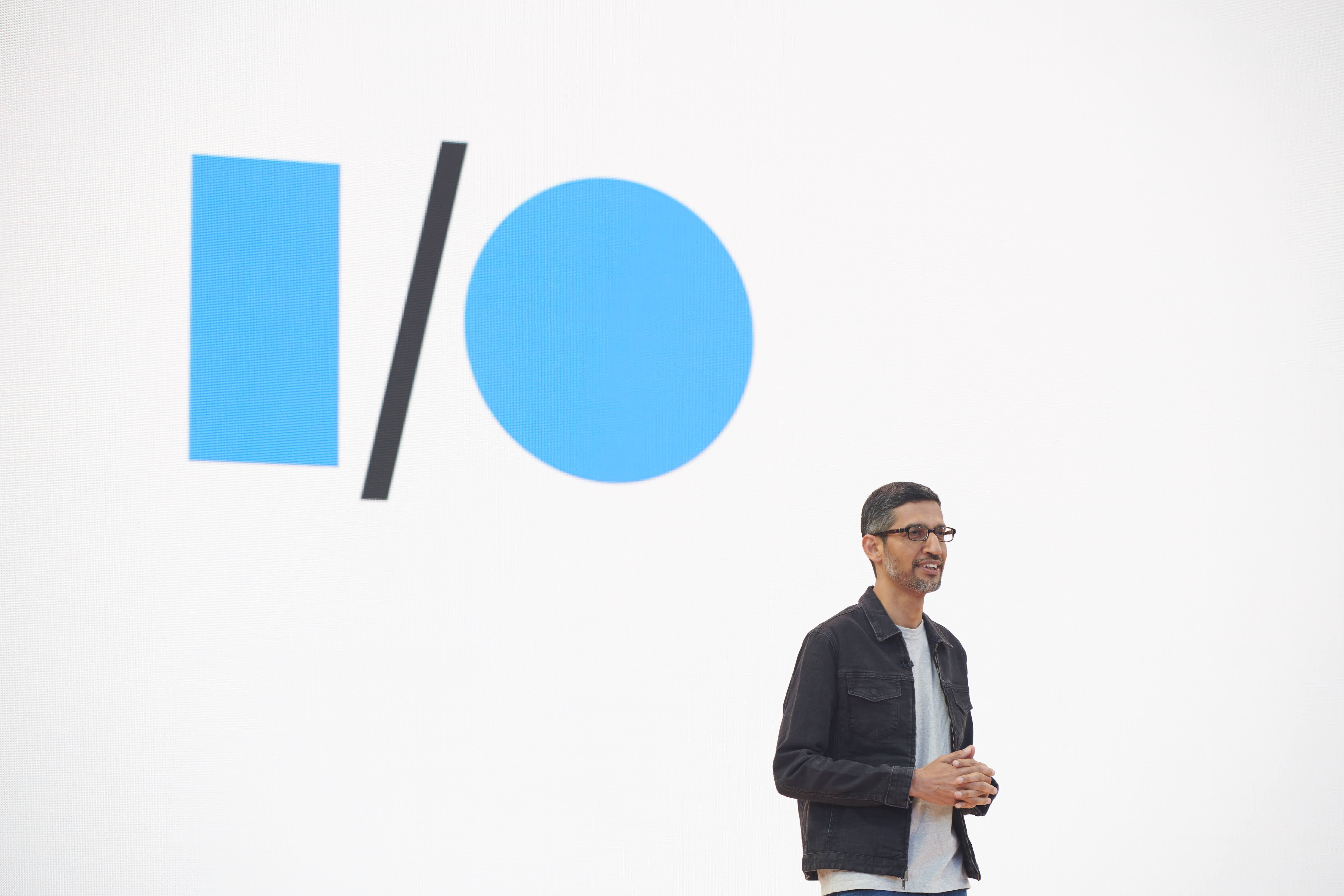
Get the latest news from Android Central, your trusted companion in the world of Android
You are now subscribed
Your newsletter sign-up was successful
Google introduced a lot of new Pixel tech during the I/O 2022 keynote, but for me, one product stood above the rest. The Pixel Tablet got about three seconds of screen time and isn’t even going to be available until 2023 (if we’re lucky). Despite that, I found the idea of Google adding another piece of hardware to its already-growing lineup of products just incredibly exciting.
It’s not just another tablet
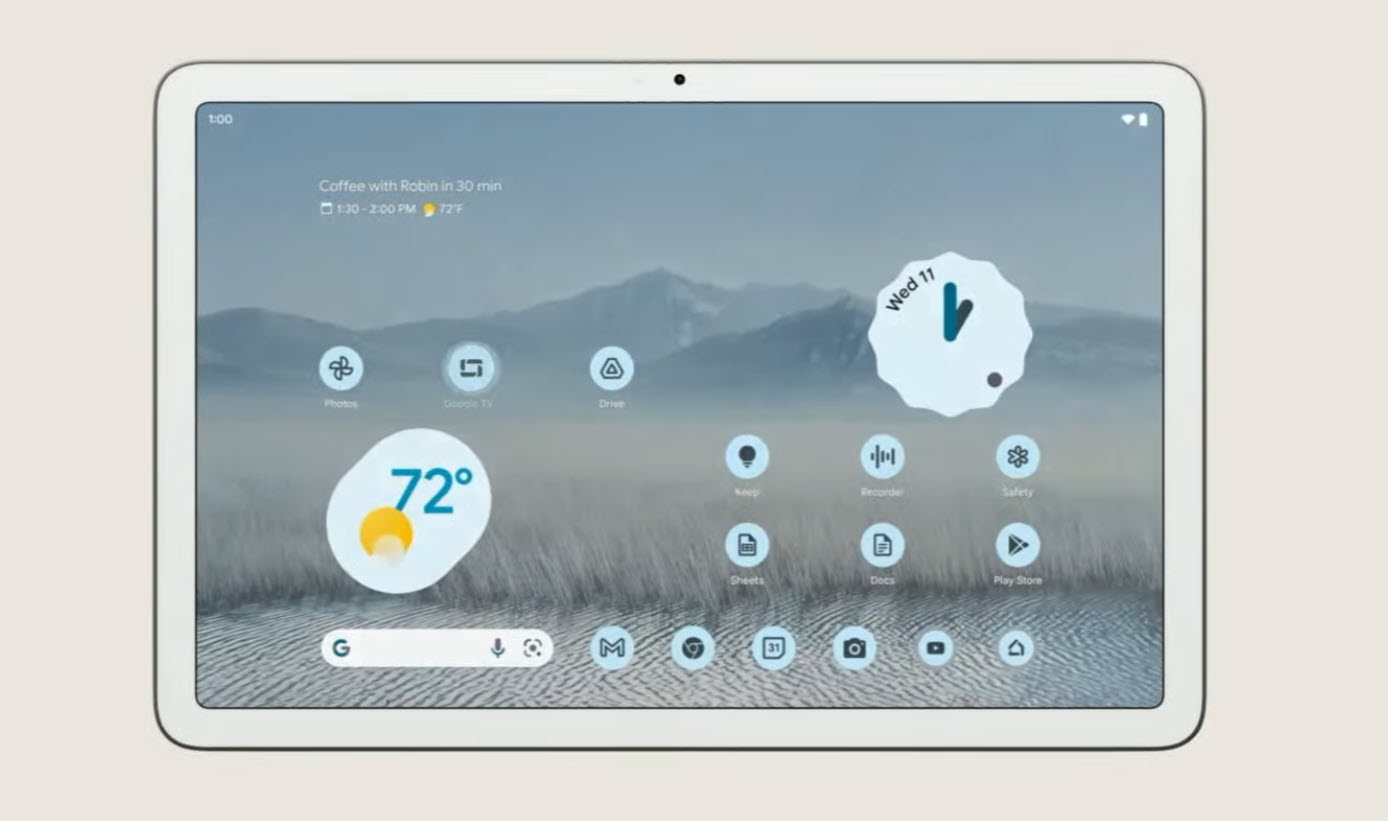
You could easily argue that despite the "Pixel" branding, this upcoming tablet is just one Android tablet among many, one people will stick in a drawer when the novelty fades. And to be honest, it's a valid argument. Even my ultra-powerful Galaxy Tab S8 Ultra doesn’t get much use, aside from the occasional times I want to use it as an extra monitor for my desktop PC.
So why is Google’s tablet going to be any different? The ecosystem. On our next Android Central podcast coming out this weekend, we'll talk all about the recent announcements from Mountain View. And as I continue to watch the various developer-focused sessions at I/O 2022 and have time to organize my thoughts, it’s obvious that Google is taking Android tablets more seriously.
The rising popularity of foldable phones has forced Google to take tablets seriously.
There are dedicated sessions and tools for developers to create new apps, or update older ones, with support for larger screens. Naturally, the first thing your mind might go to is the growing number of foldable phones. And arguably, that was the catalyst to force Google to make these changes.
But currently, there is only a handful (and I mean only a couple) of foldables that can actually run Android 13 Beta 2. This latest beta aims to open the door for developers to actually implement those tools provided by Google so that foldables and tablets are better supported. Google is even taking the time and dedicating the manpower to make the necessary changes to its own apps so that there aren’t big empty spaces in apps like the Play Store, YouTube Music, and others.
Completing the Pixel ecosystem
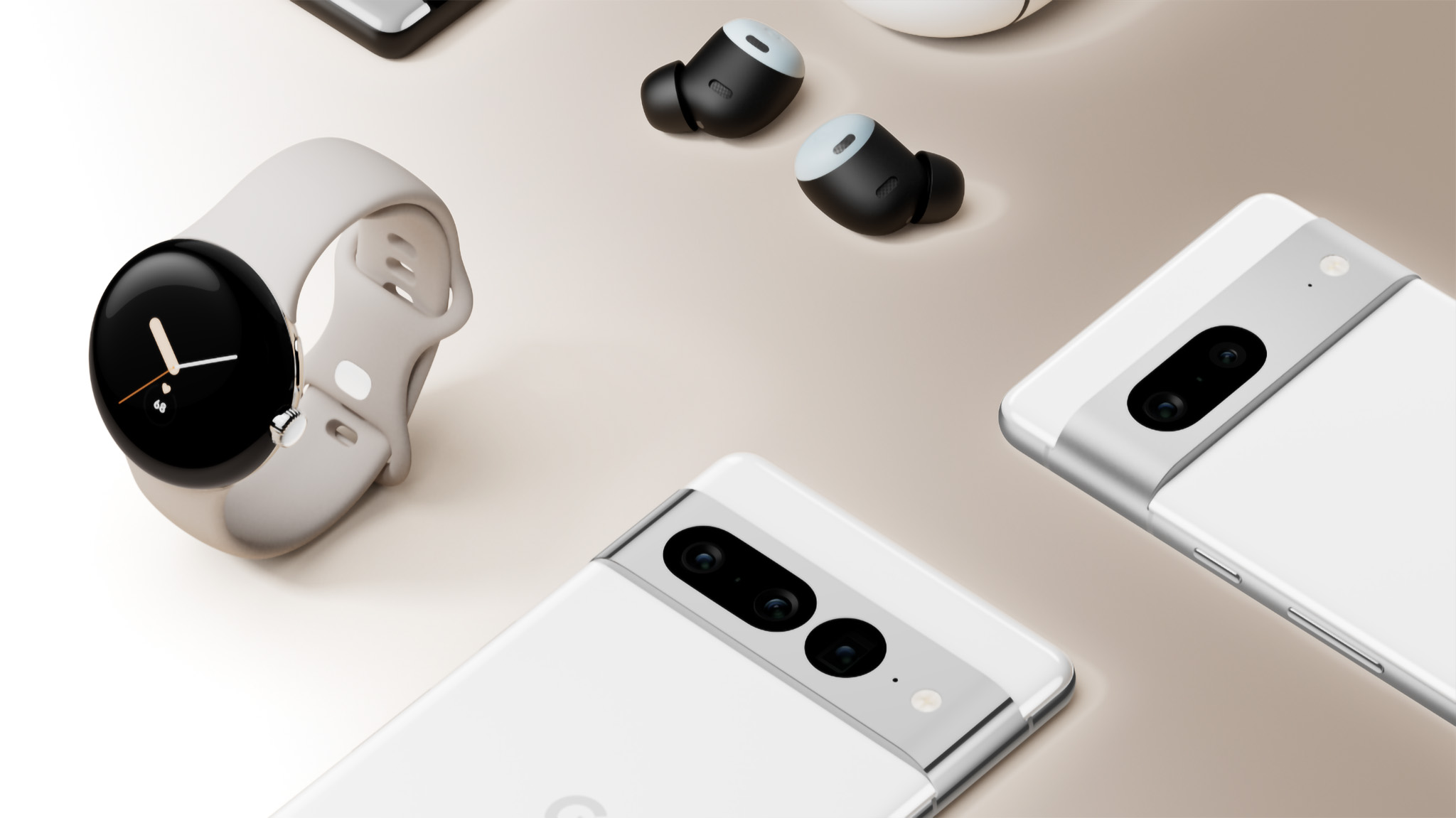
The biggest reason why the Pixel Tablet is my favorite I/O announcement is that it will round out Google’s 2022 “Better Together” initiative. Yes, I understand that Google confirmed the Pixel Tablet won’t be available until “sometime” in 2023. But if you look at how the last year has gone for the company, the premise of a Google ecosystem is finally within our grasp.
Of course, we don’t know numbers or specifics, but during the Keynote address, Google stated that the Pixel 6 series has outsold both the Pixel 4 and Pixel 5 combined. Then, we have the Pixel 6a and Pixel Buds Pro coming at the end of July. The Pixel 6a aims to bring a bit of a calming presence to Google’s mid-range and budget smartphone strategy.
Get the latest news from Android Central, your trusted companion in the world of Android

Google’s lower-end lineup has been a bit of a jumbled mess recently, between the Pixel 4a, 4a with 5G, and oft-forgotten Pixel 5a. The Pixel 6a should solve this as it uses the same Tensor chip found in the Pixel 6 and 6 Pro, along with the svelte new design, complete with the cyber-robotic camera bar on the back. It also includes features like Magic Eraser and Real Tone originally launched with the Pixel 6. So essentially, you’re getting a flagship Pixel with a few corners being cut to bring the price down to just $449.
The Pixel Buds Pro gives the Pixel faithful some new and flashy earbuds with fun colors, and more importantly, Active Noise Cancellation. On paper, these should finally give us Google’s competitor to the AirPods Pro, and that’s exciting enough in its own right.
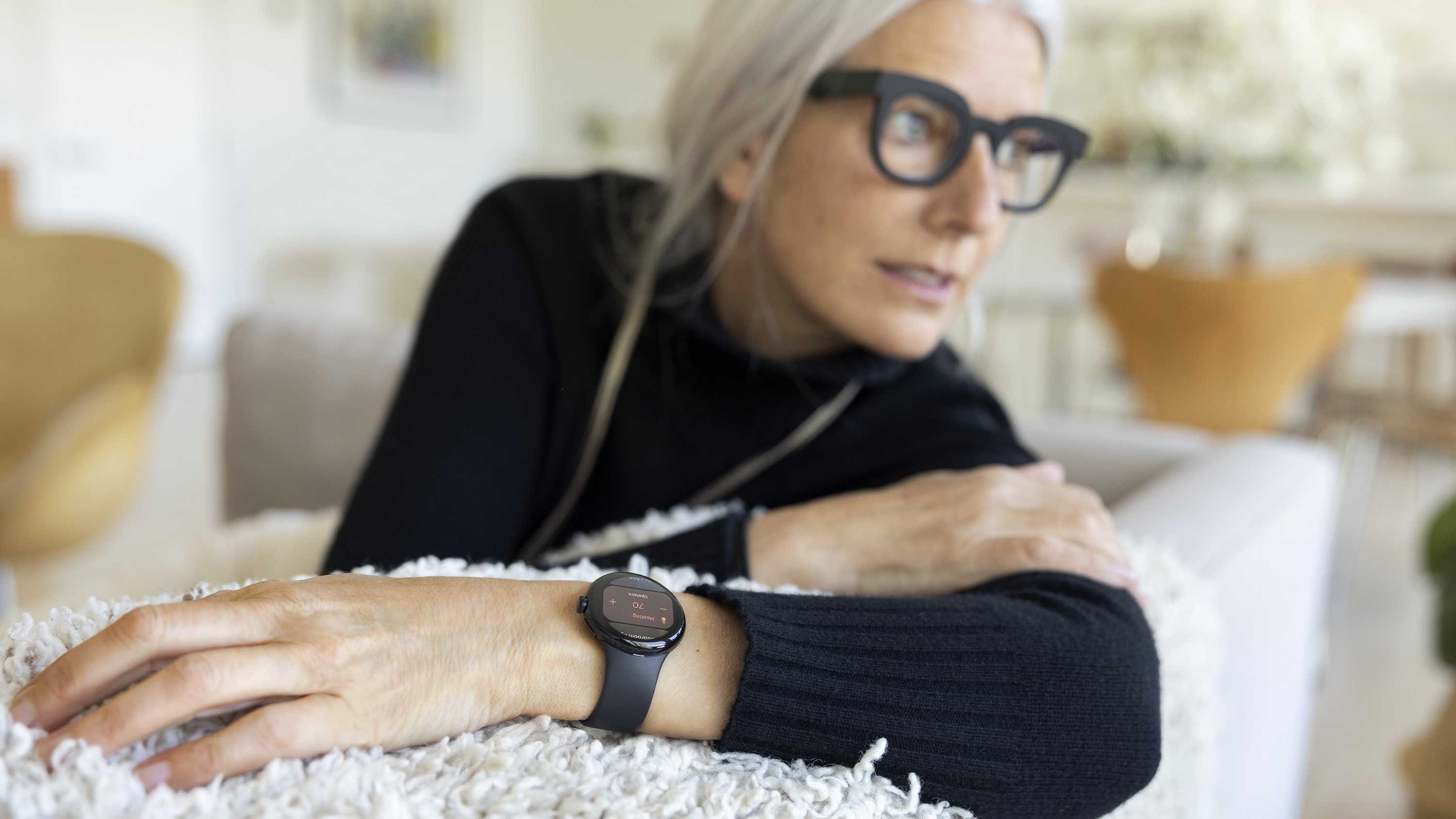
Moving further down the timeline, Google’s Pixel 7 and 7 Pro are coming this Fall, powered by the next-generation Tensor processor. Accompanying that announcement should be the arrival of the Pixel Watch, which has only been rumored for the better part of the past decade. We don’t know all of the specifics just yet, but by the end of the year, this is how Google’s ecosystem should look:
- Budget phone: Pixel 6a
- Budget earbuds: Pixel Buds A-Series
- High-end earbuds: Pixel Buds Pro
- Smartwatch: Pixel Watch
- Flagship phone: Pixel 7 and 7 Pro
- Computer: Chrome OS and Chromebooks
That leaves just one category left to fill, and that’s tablets. The Pixel Tablet fills that need — or perhaps want, in my case — in the range of Google-developed products. If all goes accordingly, it should help to reinvigorate a market of tablets that has largely remained stagnant with the exception of a few manufacturers like Samsung and Lenovo.
The Pixel Tablet could be the next great tablet, and might even double as a removable Nest Hub of sorts.
There are even some murmurs in the crowd about Google taking a page out of Lenovo’s book and introducing some type of specialized dock. This would transform the Pixel Tablet into a Google Home/Nest Hub that you can take with you, giving you the benefits of Nest Hub without anchoring it to a power outlet.
Fulfilling the prophecy
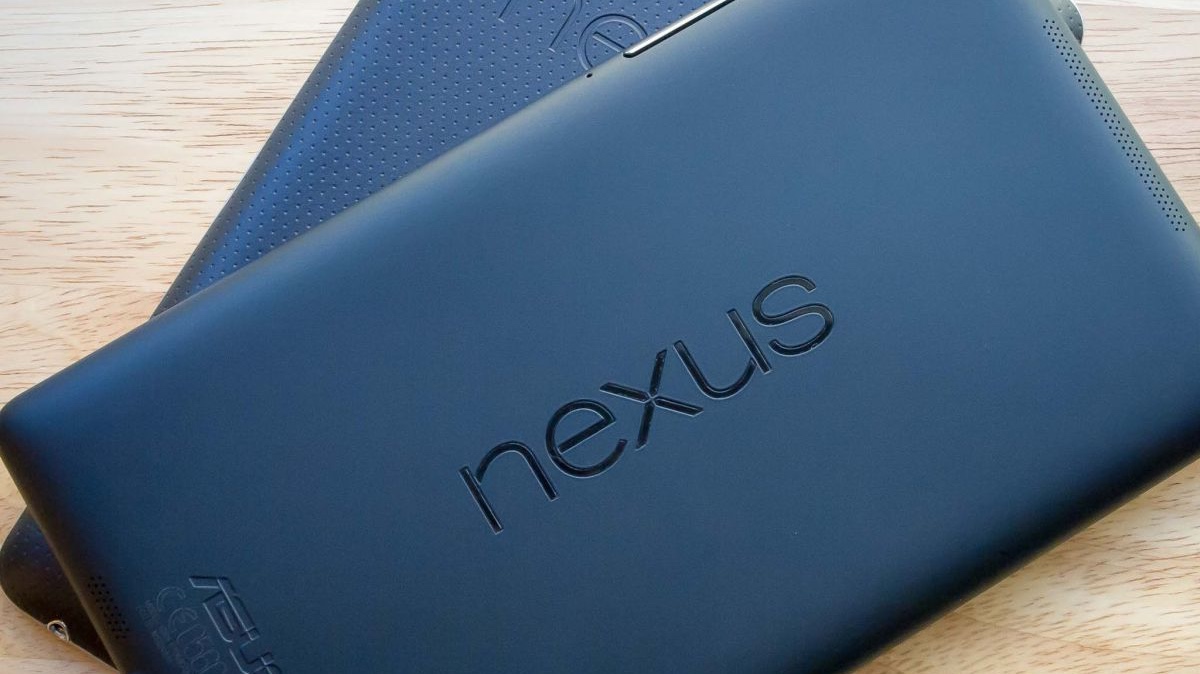
Once upon a time, we were close to this Better Together ideal, back in the days of the Nexus program with the Nexus phones and Nexus tablets. Well, at least with the Nexus 7, as the Nexus 9 and 10 just couldn’t capture what their smaller counterpart did.
Look through the different press releases and blog posts, and you’ll quickly see that Google is plastering the idea of your devices working “better together” everywhere. Seamless interactions between your phone, tablet, smartwatch, smart home, computer, and pretty much everything else.
It’s an idea that we’ve long wanted to see from Google, and while Apple and Samsung have done this exact thing, it’s finally Google’s turn.
Maybe the Pixel Tablet will be a flop, nobody will care about tablets and foldables, and this idea ends up falling apart. But I’m of the mindset that 2022 is the year Google finally fulfills the promise of a cohesive ecosystem built by Android and Google, before its Tablet enters the fray next year.
All the pieces of the puzzle have been revealed; now we just have to wait to see whether Google can successfully make them fit together.

Andrew Myrick is a Senior Editor at Android Central. He enjoys everything to do with technology, including tablets, smartphones, and everything in between. Perhaps his favorite past-time is collecting different headphones, even if they all end up in the same drawer.
